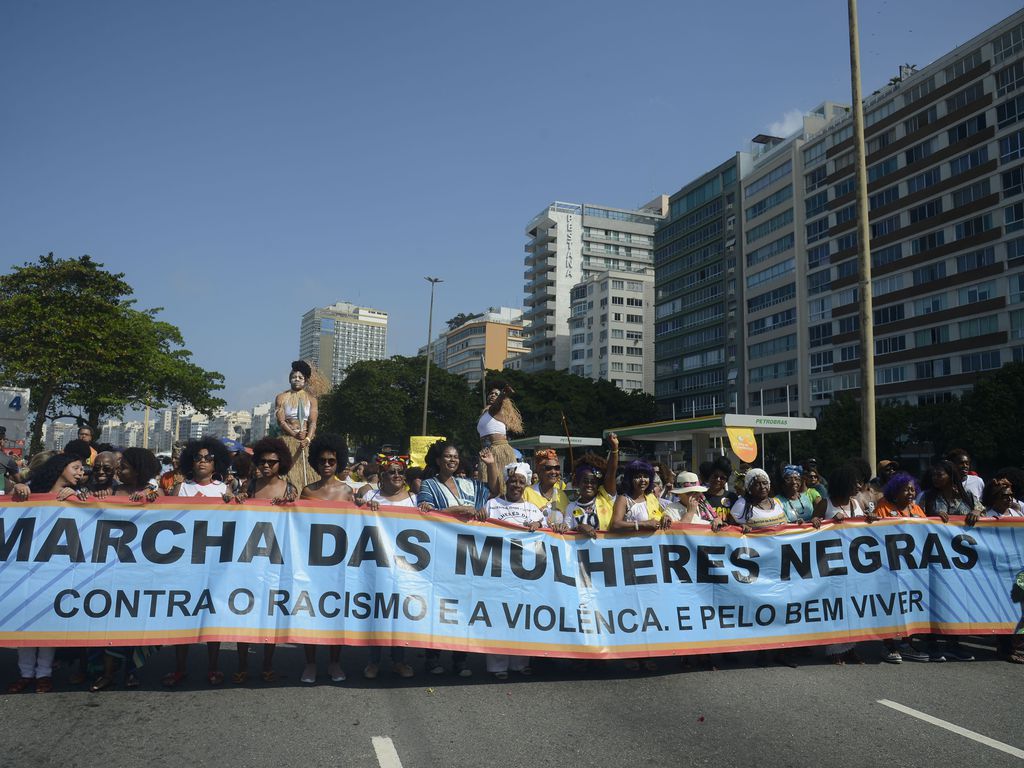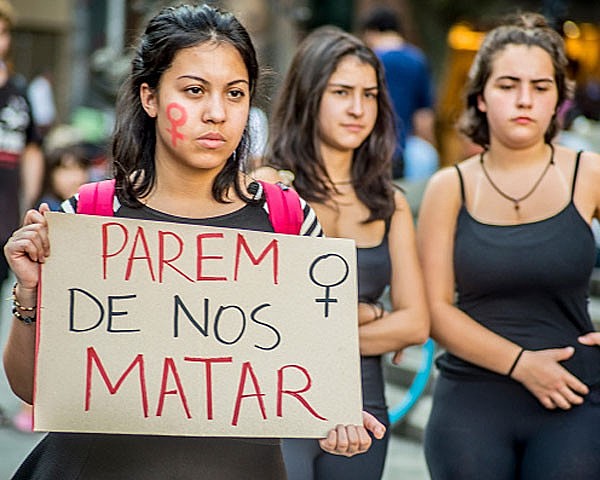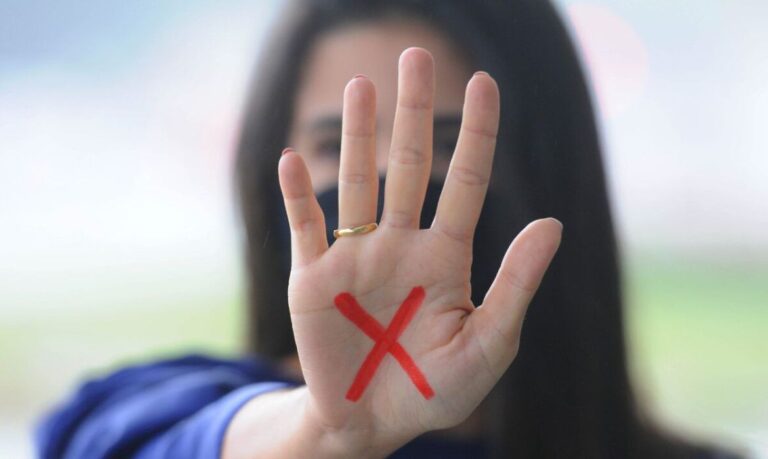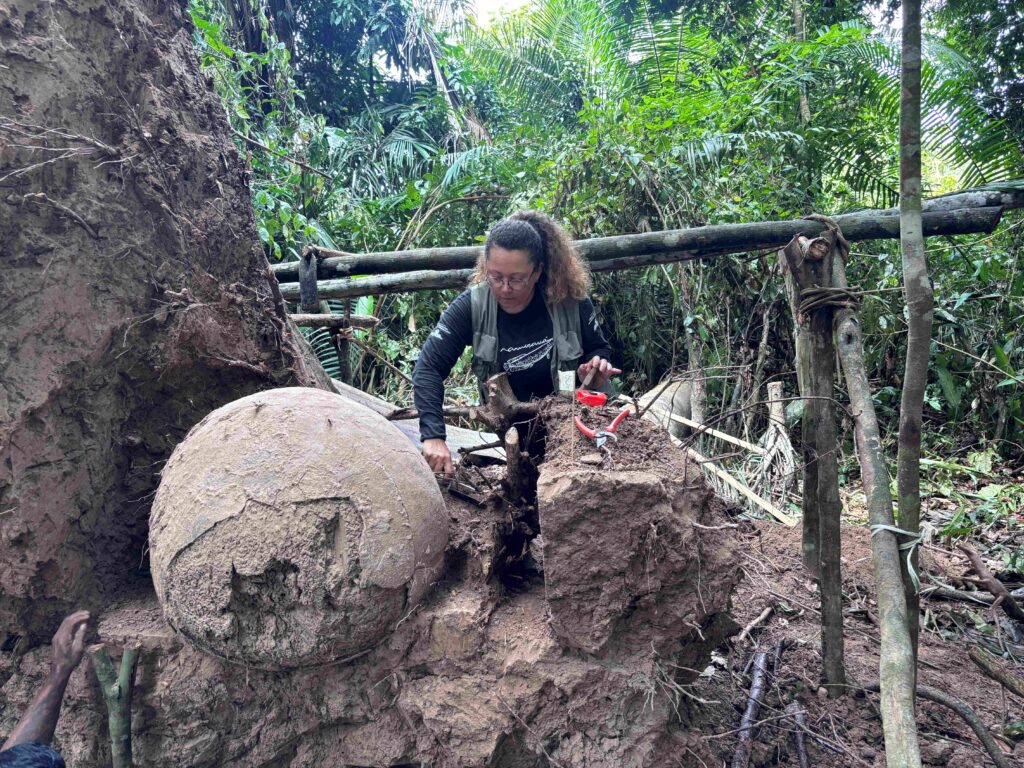São Paulo, Brazil — Homicide rates for women went under-reported in Brazil for 40 years, from 1980 to 2019. During this period, the number of women murdered was 28.62% higher than the official government data, and went from 4.40 deaths per 100,000 women to 6.09 per 100,000 women.
For context, the World Health Organization (WHO) characterizes a region as extremely violent if it has rates of 3 deaths per 100,000 women, which Brazil far exceeds.
The data comes from a study by the Oswaldo Cruz Foundation (Fiocruz), the Federal University of Rio Grande do Norte (UFRN), the National Cancer Institute (Inca), and the State University of Rio de Janeiro (Uerj).
Researchers identified an increase in violent deaths of women in all five regions of the country: north, northeast, midwest, southeast and south. In the north, for example, the study identified a number of homicides 49.88% higher than official government data.
Rafael Guimarães, a researcher at the Department of Social Sciences at Fiocruz and co-author of the study, said that the numbers are higher in the north and northeast regions, the poorest in the country, compared to the richest areas, which are the south and southeast.
“There is a reduction in the risk of death in the southeast and south and an increase in the north and northeast, which means that over the last 40 years, this public health problem has gradually become more penalizing for women from the north and northeast than to the south of Brazil,” he said.
According to Guimarães, Brazil is a very large country, with diversities of all kinds, such as cultural, racial and geographic, and it’s important to look at these differences when analyzing the data about deaths of women.
“Looking at these crimes without looking at different characteristics ends up making us see Brazil as an average, which does not reflect the country’s reality as a whole,” he added.
Guimarães said that this segmented view helps to understand and support the creation of more targeted and effective public policies.

A racial problem
The study also brought forth worrying statistics for the murders of black women in Brazil. Between 2009 and 2019, the country recorded a reduction in homicides of white women, but an increase in murders of black women.
In 2019, a black woman was, on average, 1.7 times more likely to be murdered than a white woman. According to UFRN researcher and study coordinator, Karina Meira, the result reflects the persistence of racism in the country.
“Brazil is a racist country, who experienced slavery for over 300 years. We have a country where black bodies, both women and men, have less value,” she said.
In addition, the study analyzed the age range of the victims and found that women between 20 and 39 years old have a higher risk of suffering violence. Among the main methods used in the murders are weapons, blunt objects and strangulation.
The minister for women, Cida Gonçalves, acknowledged that there is an epidemic of violence against women in Brazil and said that the ministry’s priority is to combat the murder of women and misogyny. “We need to fight for more equality,” she said.

Brazil’s Femicide Law
Created in 2015, Brazil’s Femicide Law defined as a crime the murder of women precisely for the condition of being a woman, which means the death of a woman due to the hatred or contempt of a man for the female gender. The crime usually stems from domestic and family violence and penalties can range from 12 to 30 years in prison.
For Mayra Cardozo, a lawyer specializing in gender issues, the Femicide Law is an important step in the fight against gender violence in Brazil, as it made the murder of women as a result of gender a heinous crime, which means heavier penalties for the aggressor.
“In addition, the law recognizes that femicide is an extreme form of gender violence and that specific measures must be adopted to prevent and combat this type of crime. While there is still much to be done to eradicate violence against women, the Femicide Law represents an important step forward in defending women’s rights and combating gender-based violence,” she told Brazil Reports.
According to sociologist, teacher and researcher on gender issues, Elaine Pimentel, most femicides are committed by current or former partners, which she considers a cultural pattern of relationships in Brazil.
“This reproduces an abusive and oppressive relationship pattern, which identifies the woman as an object of desire and not as the subject of a relationship of equals,” said Pimentel.
According to her, the situation will only improve with the construction of a new culture of respect for women and with more information and awareness among the population.
“In most cases, femicide is not the first action, it is the result of a set of oppressive and violent actions within relationships. Therefore, strengthening this network of information and reception for women in situations of violence is fundamental,” she said.










